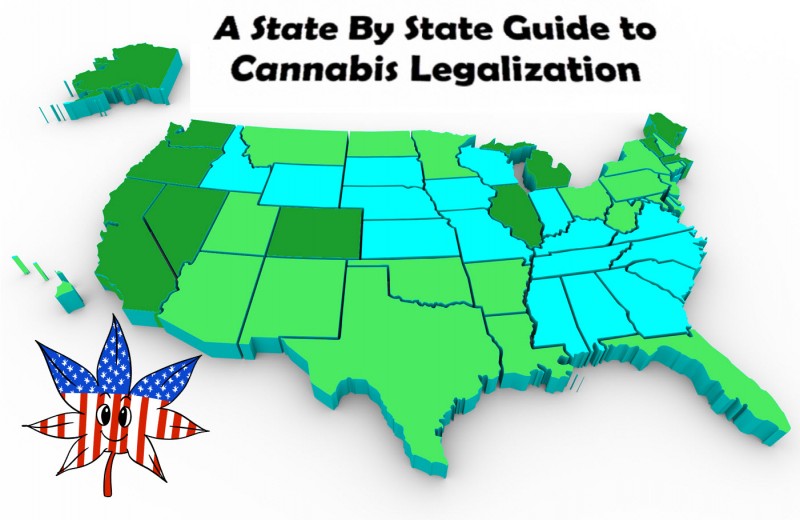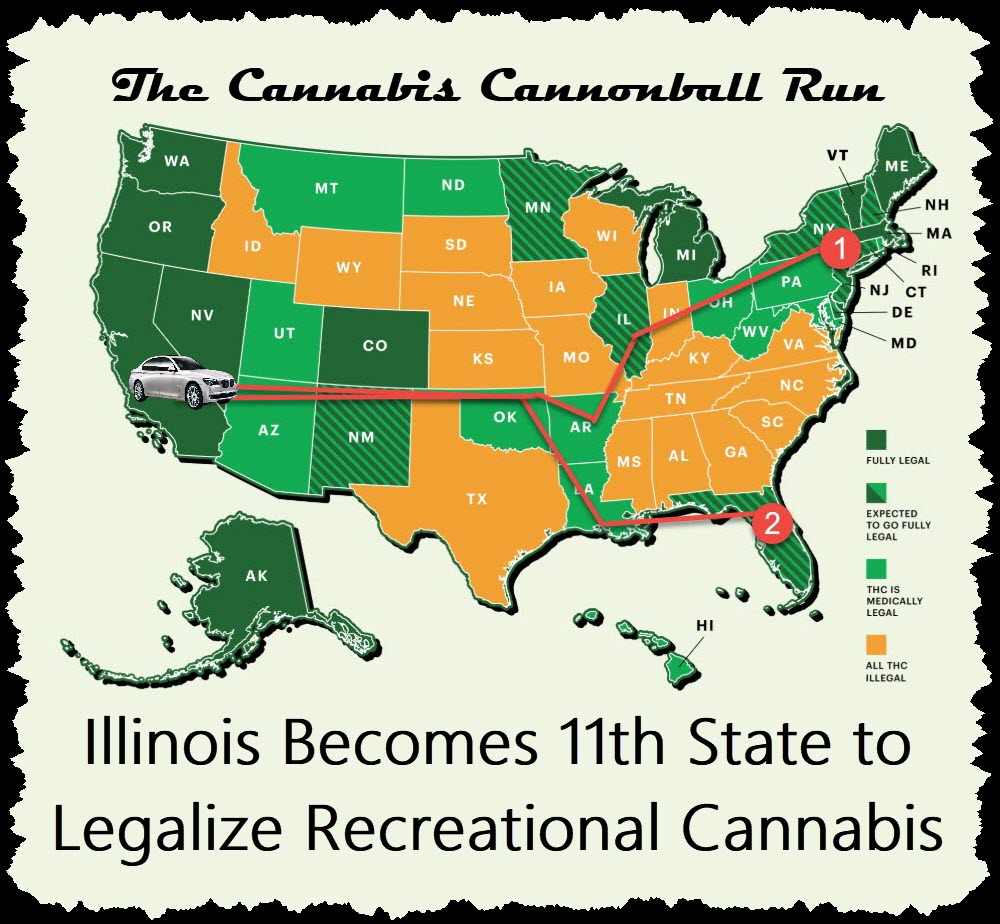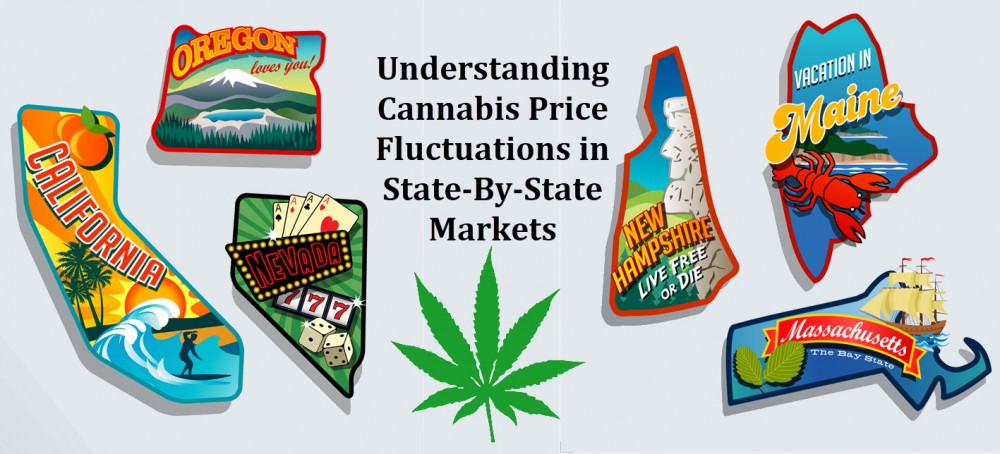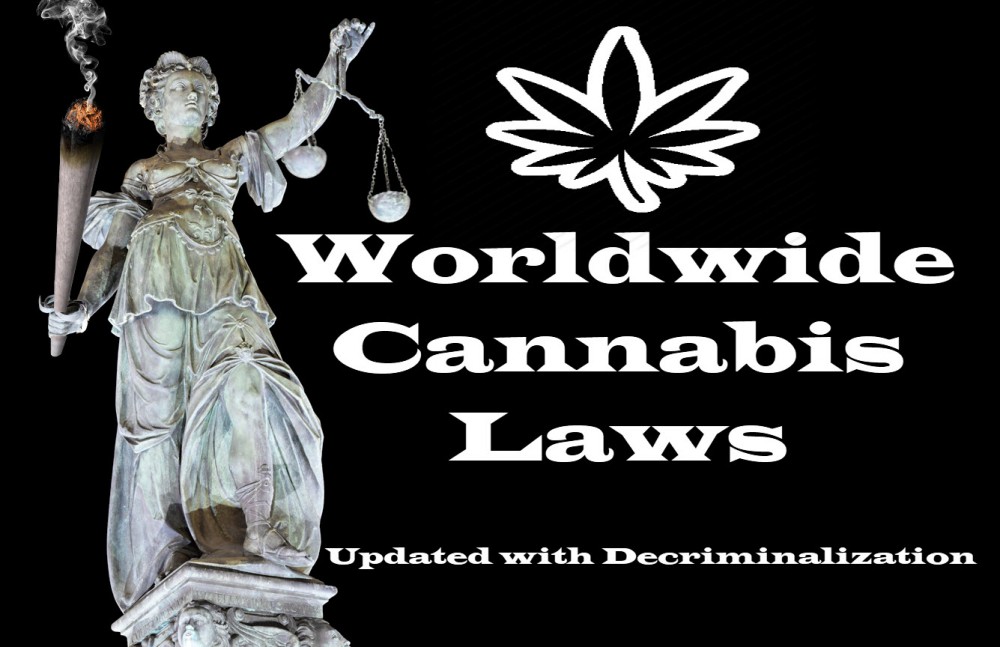Cannabis Legislation: Here’s How It Differs State to State
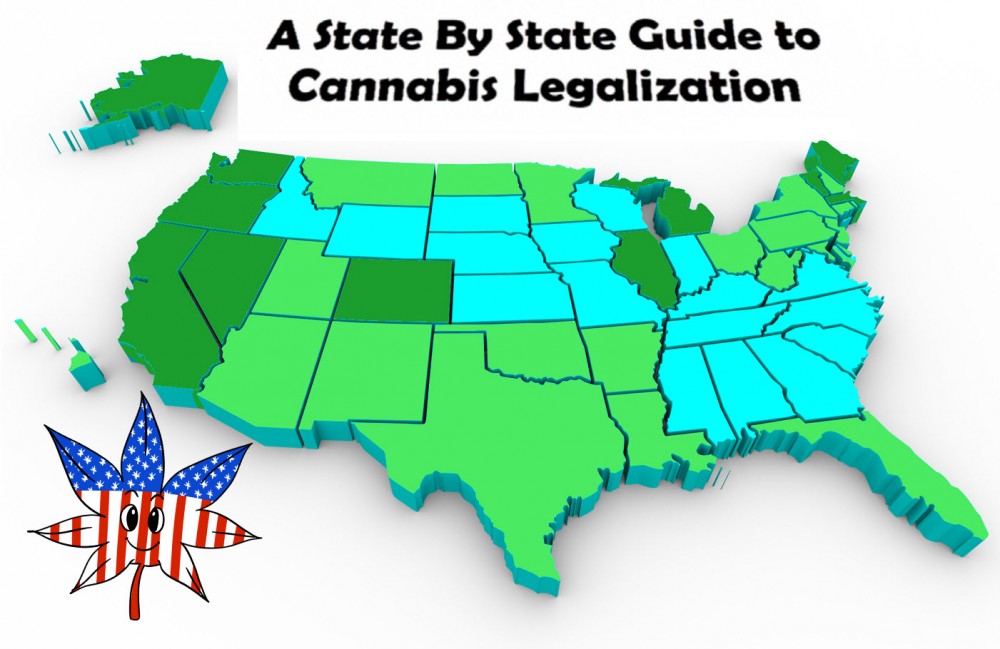
Legislation involving cannabis has made huge strides since the days of “Reefer Madness”, when misconceptions about marijuana were widely perpetuated. In the last five years alone, the cannabis industry has raked in billions of dollars and is showing no signs of slowing down. Across the United States and North America, the growing acceptance of cannabis can be seen increasingly, and with benefits that run the gamut from treating insomnia to fighting cancer, it’s no wonder why the industry is expected to only get even bigger as the years go by.
However, despite its meteoric rise in popularity, cannabis and its different forms are still illegal under federal law. That means that, although many states have legalized both its medical and recreational use, if federal officials catch you with marijuana, you could be arrested and detained. That’s why it’s best to stay on top of legislation and be informed of how the laws differ from state to state. Here’s a little primer to help you get started:
States that have legalized recreational, adult-use cannabis and have allowed stores to sell it:
Alaska
California
Colorado
Maine
Massachusetts
Nevada
Oregon
Washington
These eight states are where dispensaries are allowed to sell marijuana and physicians are allowed to prescribe it. Among these states, California is the leading market, with the state projected to generate roughly $3.1 billion in sales this year. Meanwhile, both Colorado and Washington are predicted to hit upwards of $1 billion in sales this year.
But Nevada is quickly catching up. By next year, the state is expected to have the highest per-capita spending on recreational marijuana, and investors in cannabis stock would do well to keep an eye on this burgeoning market.
Next up, states that have legalized recreational, adult-use cannabis but aren’t selling it:
Illinois
Michigan
Maine
Vermont
While it’s legal to use marijuana recreationally in these four states, stores have yet to start selling it. However, that’s all expected to change by next year. In Illinois, sales are set to begin on January 1, 2020 thanks to a recreational cannabis bill that was passed late May 2019. Michigan’s recreational marijuana sales are expected to start sometime next year. In Maine, sales are expected to begin in Spring 2020. Meanwhile, in Vermont, the state still forbids the sale of the drug but lawmakers are working on developing bills that would create a retail and tax system for it.
States where medical marijuana is legal, but recreational use is still illegal, although some of these states have decriminalized it.
Arizona
Arkansas
Connecticut (Decriminalized)
Delaware (Decriminalized)
Florida
Hawaii ((Decriminalized beginning January 11, 2020)
Louisiana
Maryland (Decriminalized)
Minnesota (Decriminalized)
Missouri (Decriminalized)
Montana
New Hampshire (Decriminalized, up to 3 oz)
New Jersey
New Mexico (Decriminalized)
New York
North Carolina (Decriminalized)
North Dakota (Decriminalized)
Ohio (Decriminalized)
Oklahoma
Pennsylvania
Rhode Island (Decriminalized)
Texas (Medical use only in the form of low THC oil, can only be used for specific medical conditions such as Parkinson’s disease, ALS, autism, multiple sclerosis, spasticity, and terminal cancer)
Utah (Misdemeanor)
West Virginia (Misdemeanor)
These 24 states allow physicians to prescribe marijuana for certain ailments and some states have decriminalized its usage, making you less likely to be penalized should you get caught. But the future is bright for recreational cannabis in Arizona, Maryland, Minnesota, New Jersey, and Ohio, whose lawmakers will be making a push for adult-use legalization in 2020.
And finally, these are the states where cannabis, both medical and recreational, are still illegal. However, some states have reduced their sanctions on recreational marijuana use and will be stated in parenthesis.
Alabama (Felony/first offense possession is misdemeanor)
Georgia (Decriminalized in some cities)
Idaho (Misdemeanor, 3 oz or less)
Indiana (Misdemeanor, up to 6 months/$1000 fine)
Iowa
Kansas (Misdemeanor)
Kentucky ((Misdemeanor, less than 8 oz)
Mississippi (Decriminalized, first offense; 30 grams or less)
Nebraska (Decriminalized, first offense only)
South Carolina (Misdemeanor)
South Dakota (Misdemeanor)
Tennessee (Misdemeanor less than .5 oz, first or second offense only)
Virginia (Misdemeanor)
Wisconsin (Misdemeanor on first offense, felony on subsequent offenses)
Wyoming (Misdemeanor)
These are the states mirror the federal government’s stance on cannabis, completely banning the sale and usage of both medical and recreational cannabis. However, due to the passing of the 2018 Farm Bill (also known as the Agriculture Improvement Act of 2018), adults in these states can access CBD, as long as it contains 0.3 percent or less of THC. However, three states from these 15 are working towards making recreation use legal in 2020: Mississippi, Nebraska, and South Dakota.
In 2020, there will be an attempt to pass the Mississippi Marijuana Legalization Amendment into the state’s constitution. It would allow people aged 18 and older to buy and possess cannabis, as well as, naturally, it would also legalize medical marijuana.
Meanwhile, Nebraska is gathering signatures for the Nebraska Cannabis Legalization Initiative to get on the 2020 ballot. It hopes to amend the state’s constitution by adding a section that states that residents have the right to use any plant in the genus Cannabis L. in the state of Nebraska. Only 10 percent of the state’s registered voters’ signatures are needed to get it on the ballot.
Finally, South Dakota is also collecting signatures to get the South Dakota Marijuana Legalization Initiative on next year’s ballot. It would allow people aged 21 and over to use cannabis, among a slew of other loosening of regulations. Almost 17,000 signature will be needed to get it on the ballot.
It’s important to remember that laws are constantly changing and new bills are being developed and passed regularly. This list will continue to evolve as acceptance becomes more widespread and as the country’s lawmakers gradually begin to see the benefits the industry has on both people’s well-being and the economy.
MARIJUANA LEGALIZATION BY STATE, READ MORE..
THE CANNANBIS CANNONBALL RUN, ILLINOIS GOES LEGAL WEED.
OR..
CANNABIS STATE BY STATE PRICE FLUCTUATIONS, CLICK HERE.

